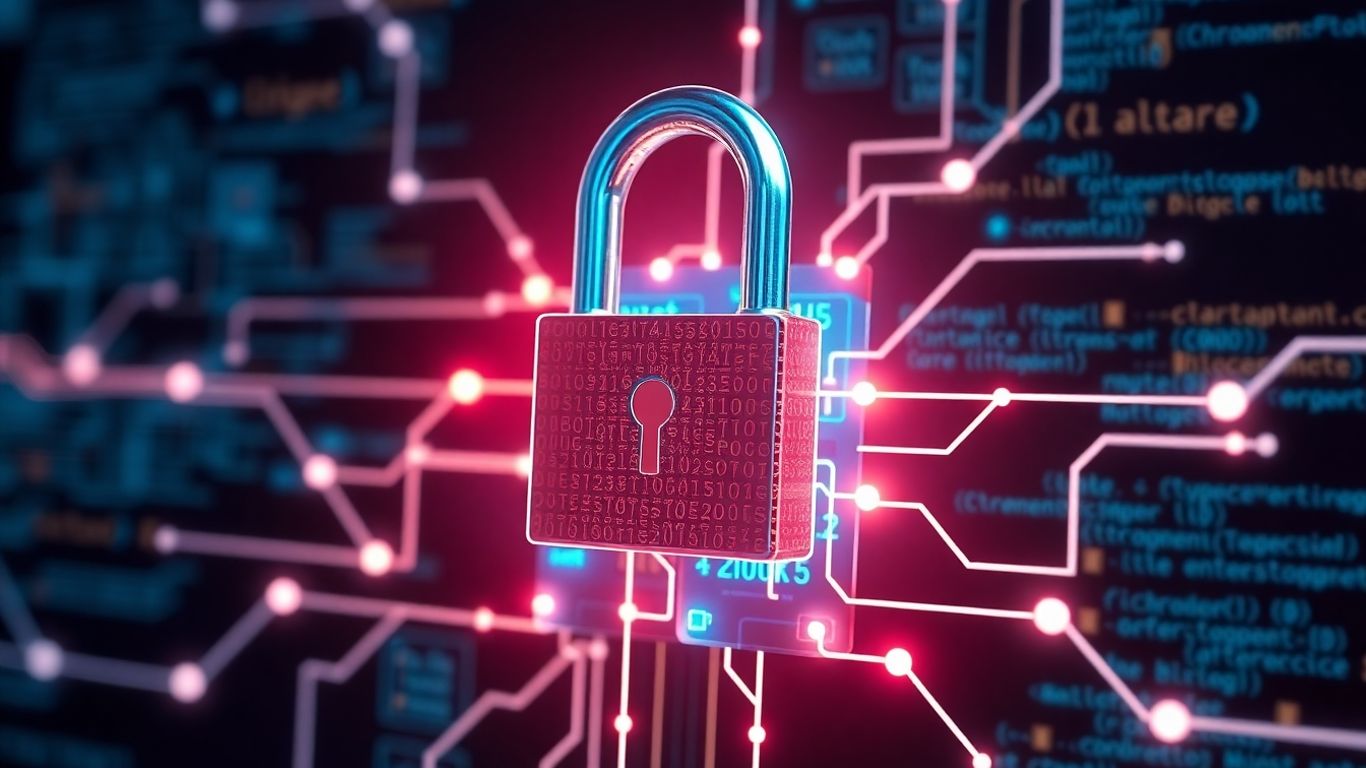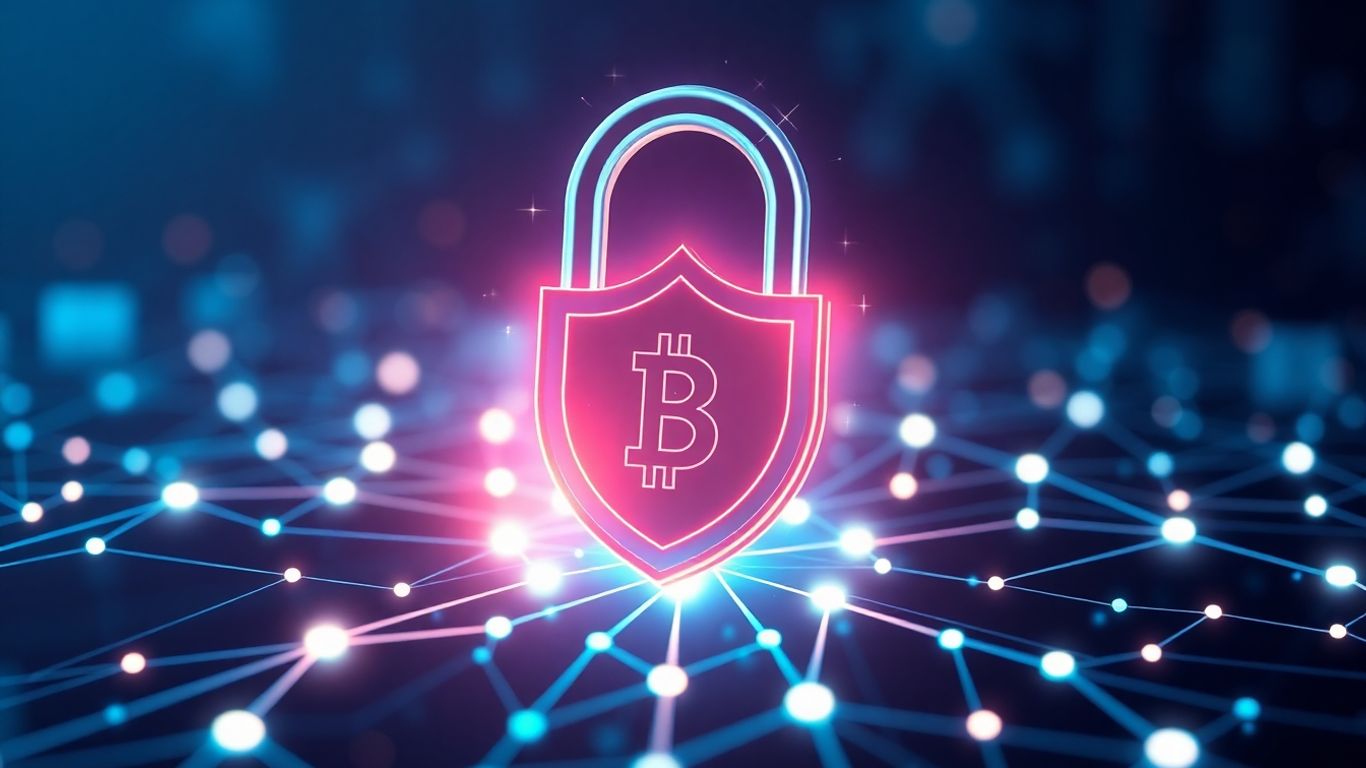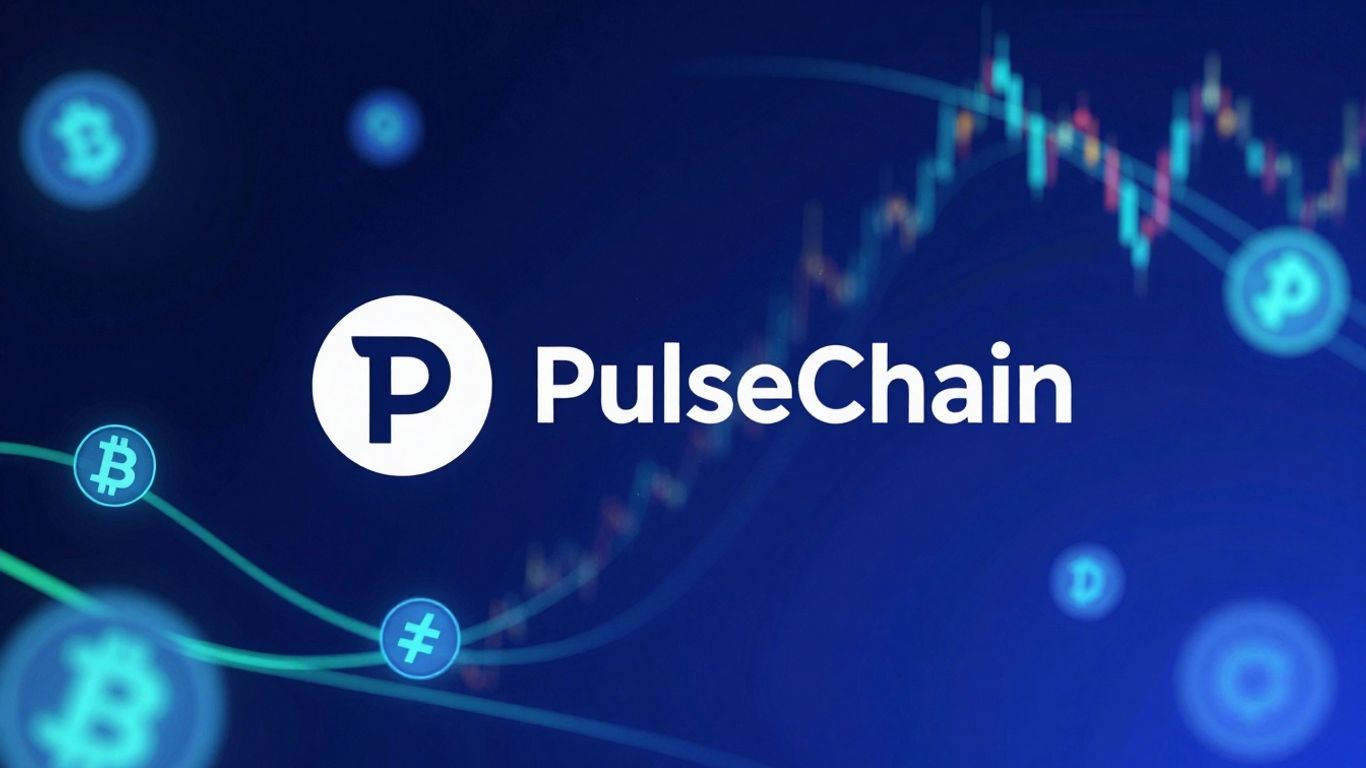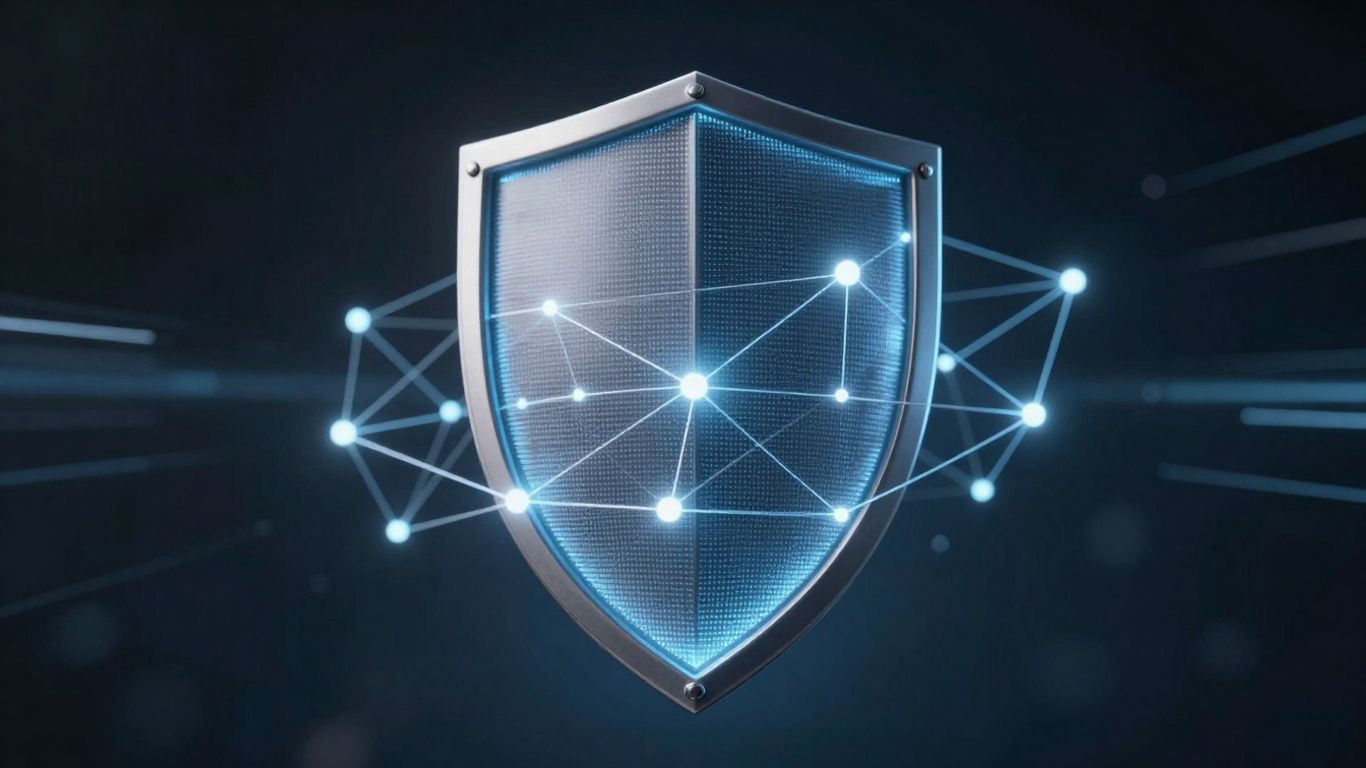[ newsletter ]
Stay ahead of Web3 threats—subscribe to our newsletter for the latest in blockchain security insights and updates.
Thank you! Your submission has been received!
Oops! Something went wrong. Please try again.
Master blockchain security audits in 2025 with our comprehensive guide. Learn audit types, processes, benefits, and emerging trends for robust digital systems.





The world of auditing is changing, and fast. New tech like blockchain is shaking things up, making old ways of doing things feel a bit… well, old. We need to get smart about how we check the books and make sure everything is on the up and up. This article is all about understanding the big picture of blockchain auditing and what it means for auditors today and tomorrow. Let's figure out how to get ahead of the curve.

A blockchain audit is basically a thorough check of a blockchain system. It’s about making sure the technology is working right, is secure, and follows all the necessary rules. Auditors look at things like transaction records, the code that runs automatic agreements (smart contracts), and how the whole system is set up. The goal is to confirm that everything is accurate and in line with any regulations that apply. It’s like being a detective for digital systems, making sure no one’s cheating the system or that there aren’t any hidden flaws. The world of auditing is changing, and fast. New tech like blockchain is shaking things up, making old ways of doing things feel a bit… well, old.
Why bother with all this checking? Well, blockchain systems, while powerful, aren't automatically perfect. They can have bugs in their code, security weak spots, or might not be following the laws. Auditing helps catch these problems before they cause major issues, like losing money or breaking trust. It’s about building confidence in the digital infrastructure we rely on. For example, blockchains are often open-source, allowing anyone to view their code. This transparency enables auditors to review cryptocurrencies like Bitcoin, ensuring their integrity and security. Without audits, these systems would be much riskier to use. You can find professional firms that specialize in these checks.
When we talk about auditing blockchain, a few core ideas are super important. Think of these as the rules auditors follow:
Auditing in the blockchain space requires a blend of traditional accounting skills and new technical know-how. It’s not just about numbers anymore; it’s about understanding the code, the network, and how decentralized systems operate. This fundamental concept underpins its utility in various applications requiring secure and verifiable record-keeping.
Auditing systems built on blockchain technology isn't quite the same as traditional audits. It requires a different mindset and a deeper dive into the technical aspects of the system, alongside the financial and regulatory checks.
Look, in 2025, just checking the code once isn't really cutting it anymore. We're seeing a shift towards what you could call 'defense in depth' for blockchain systems. This means a lot more than just a quick scan for common bugs. Think automated checks that run constantly, followed by actual humans who know their stuff digging through the code line by line. Then there are simulated attacks, trying to break the system before the bad guys do, and something called fuzz testing, which basically throws random data at it to see if it freaks out. It’s a more thorough approach because, let's face it, the tech is getting more complex, and so are the ways people try to mess with it.
Here’s a breakdown of what these layered checks often involve:
The days of treating security as an afterthought are long gone. Proactive, multi-faceted security is now the baseline expectation for any serious blockchain project.
Remember when blockchains were mostly their own little islands? Those days are fading fast. Now, we've got applications that jump between different blockchains, and all sorts of Layer 2 solutions popping up. This creates new headaches for security. An audit can't just focus on one chain anymore; it has to look at how these different chains interact and what security risks pop up when data or assets move between them. It’s like checking the security of your house, but also making sure the bridge connecting it to your neighbor's property is just as secure.
This is probably the most significant shift. Back in the day, you could maybe get away with a bit of a gray area when it came to rules. Not anymore. Regulators worldwide are really cracking down. We're seeing massive fines for companies that aren't playing by the book. For instance, financial institutions saw penalties jump by over 400% in early 2025 compared to the year before. It’s not just about avoiding trouble; it’s about building trust. Demonstrating compliance is becoming a key differentiator for projects looking to gain mainstream acceptance and attract serious investment.
Compliance audits now focus on:
When we talk about checking blockchain systems, it's not a one-size-fits-all situation. Different parts of the blockchain ecosystem need their own specific kind of inspection. Think of it like inspecting a building; you'd check the foundation, the electrical system, and the plumbing separately. Blockchain is similar, with specialized audits for financial records, network security, the automated code (smart contracts), and making sure everything plays by the rules.
This type of audit zeroes in on the money aspects. It's all about making sure the financial information stored on the blockchain is accurate and can be trusted. Auditors will look at transactions, account balances, and how financial data is handled to confirm it matches accounting standards and company policies. The main goal here is to verify that assets are properly accounted for and that all financial dealings are legitimate. This builds confidence for everyone involved, from investors to business partners. It’s about making sure the digital money trail makes sense.
Security audits act like a digital security guard for your blockchain network. They dig deep into all the security measures in place to find any weak spots or potential threats. This includes checking things like:
The aim is to patch up any holes before bad actors can exploit them. A strong security audit is key to maintaining the integrity of the blockchain. You can find professional firms that specialize in these checks.
Smart contracts are the automated agreements that run on blockchains. Because they execute automatically when certain conditions are met, any mistake in their code can lead to big problems. A smart contract audit specifically examines the code itself. It's like a code review, but with a sharp focus on finding bugs, vulnerabilities, or ways someone could trick the contract into doing something unintended. This is really important for decentralized applications to work correctly and safely. Auditing smart contracts is vital for preventing financial loss and maintaining user trust.
Compliance audits make sure the blockchain system is playing by all the relevant laws and regulations. This can be complex because rules vary by location and industry. Auditors check if the system handles data privacy correctly, adheres to anti-money laundering (AML) laws, and meets any other legal requirements. It’s about ensuring the blockchain operates within the legal framework, which is becoming increasingly important as more businesses adopt this technology. This helps avoid legal trouble and builds a reputation for responsible operation. blockchain technology and its impact is a good place to start understanding this.
So, you've got this blockchain system, and you want to make sure it's not going to fall apart or get hacked. That's where the actual audit process comes in. It's not just a quick look-over; it's a structured way to check everything. Think of it like getting your car inspected, but for your digital ledger. We're talking about digging into the data, figuring out what it all means, and then telling you what we found.
First things first, we need the raw materials. This means gathering all the relevant data from the blockchain. It's not as simple as just downloading a file, though. We need to access transaction histories, smart contract code, network configurations, and any associated off-chain data that might be relevant. Sometimes, this data is spread out, or it's in a format that's hard to work with. So, a big part of this stage is cleaning it up and getting it ready for analysis. We're looking for consistency and completeness, making sure we're not missing any crucial pieces of the puzzle. This initial step is vital for any successful cryptocurrency audit.
Once we have the data prepped, we start digging in. This is where the real detective work happens. We're examining transaction patterns to spot anything unusual, like sudden spikes in activity or transactions that don't make sense. We're also scrutinizing the smart contract code itself. Are there any bugs? Any loopholes that someone could exploit? We use various tools and techniques to test these contracts under different scenarios.
Here's a quick look at what we're checking:
This phase requires a blend of technical skill and a sharp eye for detail. It's about asking the right questions of the data and the code, looking for anything that deviates from expected behavior or security standards.
After all the digging and checking, we put together a report. This isn't just a list of problems; it's a clear explanation of what we found, why it matters, and what you can do about it. We'll detail any security risks, compliance issues, or operational inefficiencies we uncovered. Then, we provide practical, actionable recommendations to fix these problems. The goal is to give you a clear roadmap to improve your blockchain system's security, reliability, and overall health. We want to make sure you understand the risks and how to mitigate them effectively.
So, why go through the whole process of a detailed blockchain audit? It might seem like a lot of extra work, but honestly, it really pays off. Think of it like getting your car checked out before a long road trip – you want to know it’s safe and sound, right? Auditing your blockchain system does the same thing for your digital operations. It’s not just about finding problems; it’s about building a solid foundation for whatever you’re doing on the blockchain.
This is probably the biggest win. Audits dig deep into your system to find any weak spots that hackers could exploit. We're talking about checking everything from how transactions are processed to the code that runs your smart contracts. By catching these vulnerabilities early, you significantly lower the risk of data breaches and theft. This proactive approach means your users and partners can feel more confident using your platform, knowing their assets and information are better protected. It’s like putting up stronger locks on your digital doors.
Blockchain is already known for being transparent, but an audit takes that a step further. It provides an independent look at your system, confirming that everything is running as it should. Auditors verify transaction records and the flow of data, making it clear where everything is coming from and going to. This level of clarity is super important, especially if you're dealing with supply chains or financial transactions where knowing the exact path of an item or a fund is key. It helps build a reputation for honesty.
Rules and regulations are always changing, and staying on the right side of them can be tricky, especially with new tech like blockchain. A compliance audit specifically checks if your system meets all the necessary legal requirements for your industry and location. This could be anything from data privacy laws to financial reporting standards. Getting this right means you avoid hefty fines and legal headaches down the line. Plus, by identifying potential risks before they become actual problems, you cut down on the chances of financial loss or damage to your company's name.
Beyond security and rules, audits also make sure your blockchain system actually works well. This means checking that your smart contracts execute correctly and that transactions are processed accurately and efficiently. It’s about making sure the technology is reliable and does what it's supposed to do, without glitches or errors. Think of it as a quality check to make sure everything is built to last and performs as expected, reducing the likelihood of disputes or operational hiccups.
Auditing your blockchain system is about more than just finding bugs; it's about building confidence. It confirms that the system is secure, transparent, and follows the rules, which is vital for adoption and long-term success.
So, you've got a blockchain system, and you want to make sure it's solid. It's not just about picking any auditor; it's about being smart about how you approach the whole process. Getting this right means your system stays safe and sound.
Choosing who will look over your blockchain is a big deal. You don't want just anyone; you want a team that really gets what you're doing. Look for a partner whose methods line up with what's considered good practice in the industry. Do they have experience with the specific type of blockchain project you have, like DeFi or NFTs? Also, check if they understand the rules and regulations that apply to your situation. A good partner will have a solid history of successful audits and know their way around smart contract code, cryptography, and how to test for weaknesses.
A good audit isn't just a quick look-over. It needs a structured plan. This usually involves several key steps:
A well-defined audit framework acts as a roadmap, guiding auditors through a systematic process to identify potential issues and ensure all critical areas of the blockchain system are examined thoroughly. This structured approach minimizes the chance of overlooking vulnerabilities.
These days, technology can really help with audits, especially when it comes to following the rules. Automated tools can keep an eye on transactions in real-time, flagging anything that looks suspicious. This is super helpful because regulators are also using advanced tech to monitor things. Think about using software that can automatically check if transactions meet certain criteria or help with customer identification processes. These tools can save a lot of time and reduce the chance of human error, making your compliance efforts more efficient and reliable.

The world of checking blockchain systems is always shifting, and some new things are really starting to stand out. It’s not just about looking at old transaction logs anymore. We’re seeing a move towards checking how eco-friendly these networks are and making sure the digital tokens themselves are solid.
More and more, people are asking about the environmental footprint of blockchain. Sustainability audits are becoming a thing, looking at how much energy a network uses and if there are ways to make it more efficient. Think of it like checking if a factory is polluting too much. Then there are token audits. Tokens are basically digital assets on a blockchain, and they can represent all sorts of things. Auditing them means looking at how they're designed, how they get handed out, and if they're being used in a way that makes sense and doesn't cause problems later on.
Blockchains are known for being open, but sometimes you need to keep things private, especially in business. New ways of auditing are popping up that try to check systems while still protecting sensitive data. It’s a tricky balance. Also, instead of just one audit firm doing all the work, we're seeing more collaboration. This could mean multiple auditors working together, or even the community getting involved. The idea is that more eyes can spot more issues, making the whole system more trustworthy.
DeFi is a huge area now, basically financial services built on blockchain. Auditing DeFi is pretty complex because it’s so new and can involve intricate smart contracts that manage loans, trading, and other financial activities. Making sure these contracts are safe and work as intended is a big deal for anyone using these services. It’s a rapidly growing field that needs a lot of careful checking to keep users safe.
So, we've covered a lot about blockchain audits, from what they are to why they matter and what the future might hold. It's pretty clear that as more companies get into blockchain, checking these systems is going to be a really big deal. It's not just about making sure the tech works right, but also about keeping things honest and secure for everyone involved. Auditors will need to keep learning new skills, especially with things like AI becoming more common, to stay relevant. It’s definitely a learning curve, for sure, but getting this right means we can all trust the digital world a bit more. If you're using blockchain, getting it checked out by the pros isn't just a good idea, it's pretty much a must-do to keep everything running smoothly and safely.
Imagine a blockchain audit as a super thorough check-up for digital systems that use blockchain, like for digital money or tracking goods. It's like being a detective to make sure the system is safe, works correctly, and follows all the important rules. We carefully examine the digital records to ensure they haven't been tampered with and that everything is fair and honest.
Blockchain is like a very secure digital diary that everyone involved can see, and once something is written, it's really hard to change. This makes it easier to trust the information. Auditing helps catch problems like secret flaws or rule-breaking before they cause big trouble, like losing money or damaging trust. It helps everyone feel more confident using these digital tools.
Auditors check a few main things. They make sure the system is secure and can't be easily hacked. They also check if the digital records are accurate and haven't been changed in sneaky ways. On top of that, they ensure the system follows all the necessary laws and rules, like keeping private information private.
Yes, there are! Some audits focus on checking the money side of things, making sure financial records are accurate. Others are all about security, finding weak spots that hackers could use. There are also audits specifically for smart contracts, which are like automated agreements, and audits to make sure the system follows all the legal rules.
It starts with gathering all the necessary information, like transaction histories and the code used. Then, auditors carefully examine this data, looking for anything unusual or risky. They use special tools and methods to test the system. Finally, they put together a report explaining what they found and suggesting ways to fix any problems.
Doing an audit makes your blockchain system much safer and helps people trust it more. It makes things clearer and easier to track, which is great for business. It also helps you follow the law and avoid costly mistakes or legal issues. Basically, it ensures your system is reliable, secure, and trustworthy for everyone.


